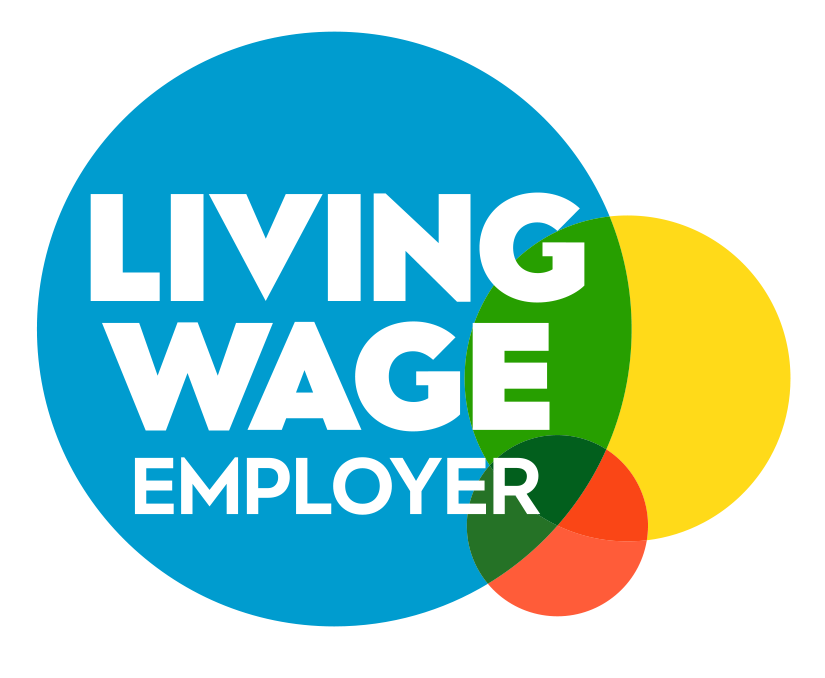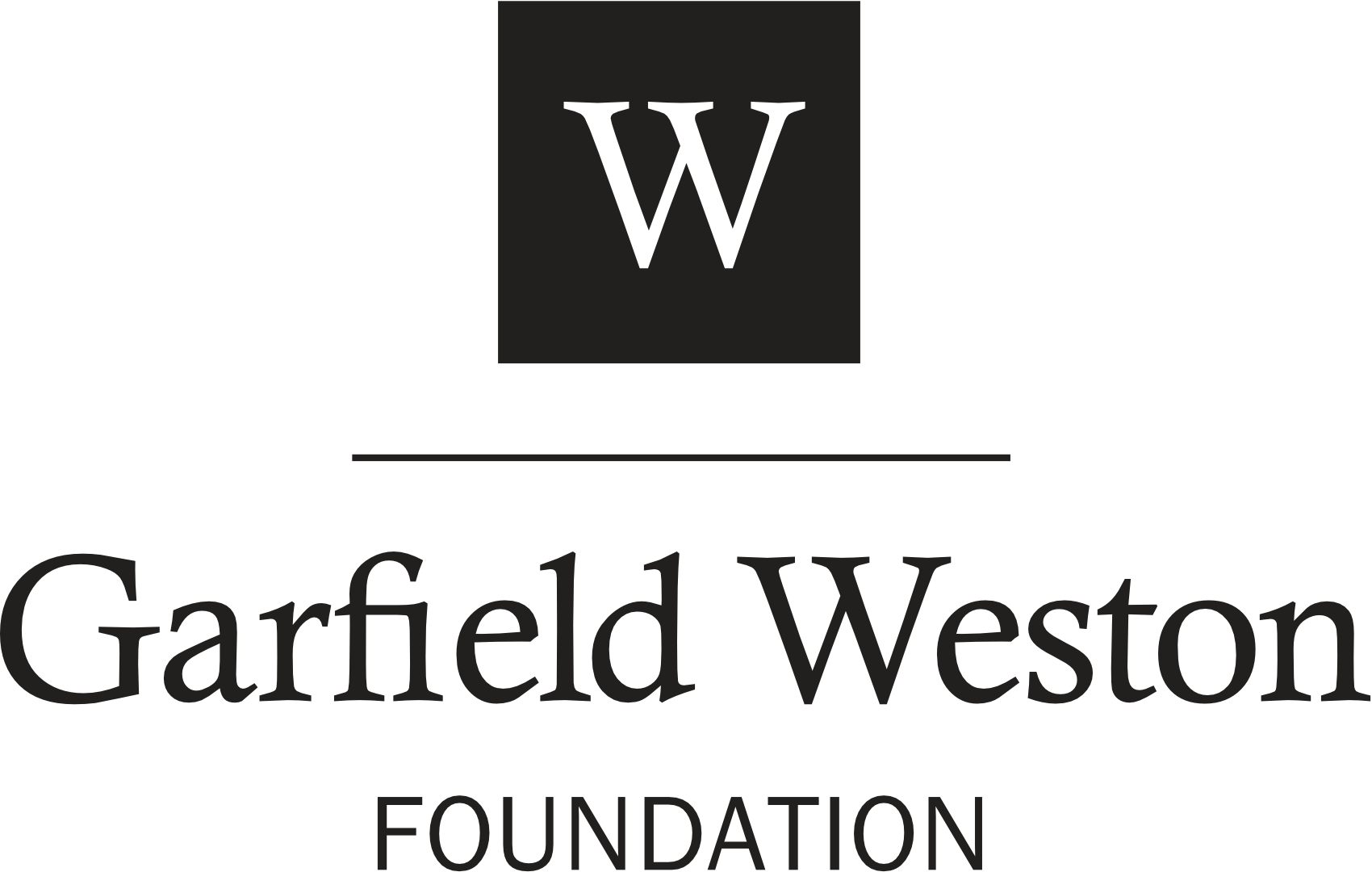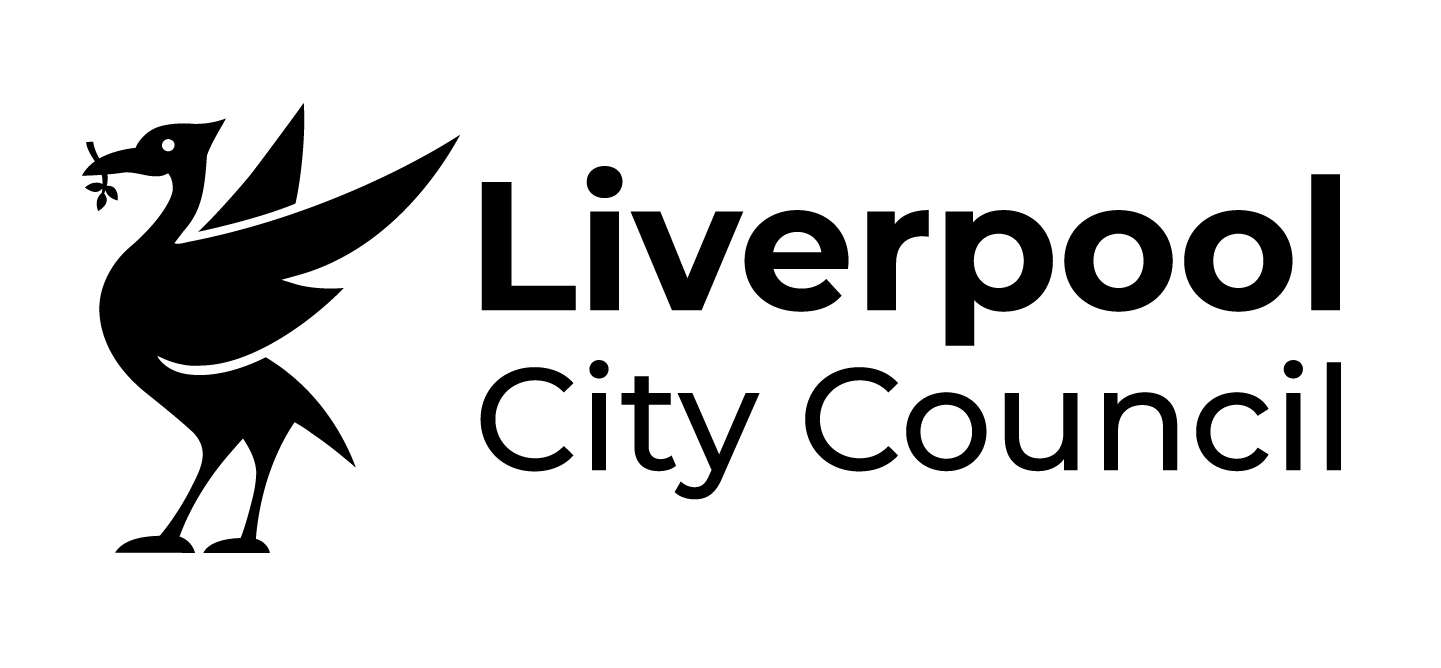The Proud Place in Manchester will host a pair of free, hands-on writing workshops on Saturday 16th August 2025, for writers, theatre makers and performers interested in adapting archival broadcast material for live performance and audio. The workshop is being run by people recently involved in doing this for the BBC 100 celebrations. They will share their experiences and provide a toolkit of techniques for working with the records of lost broadcasts. Participants will get to use these, with access to rare records, to create short pieces of writing that may be the seeds of bigger projects to come.
Running the workshops is a unique mix of talent: a theatre director, a comedian, a playwright and a historian. Collective Encounters’ Tessa Buddle will present her experience of co-creating ‘Auntie’, a BBC 100 celebration commission, and participants will get to experiment with some of the techniques she used themselves.
‘Miranda’ and ‘Not Going Out’ writer Paul Kerensa’s research into the first radio play has resulted in a forthcoming Radio 4 commission. He will offer insights into how he develops story, characterisation and evokes a sense of period for audio dramatisations.
Stephen M. Hornby will draw upon his extensive experience of writing from archives including his latest play based on a lost broadcast from the 1950s, ‘The BBC’s First Homosexual’(touring February 2026) . Stephen said:
I’ve mixed up fragments from the BBC archive with the fictional story of a young man exploring his sexuality in the 1950s. I’ll be sharing how and why I did that and passing on tips for writing from archive more generally: how to turn the record of events into compelling stories and find great characters in archives.
Marcus Collins, Professor of British History at Loughborough University, conducted the research upon which ‘The BBC’s First Homosexual’ is based and will share his experiences of discovering lost broadcasts and his sense of how history can make for some great stories. Marcus said:
Lost broadcasts remind us that most programmes disappear immediately upon transmission, never to be repeated or lovingly compiled into boxed sets. Finding them again is to be exposed to forgotten voices and bygone attitudes. For the dramatists I’ve worked with, they have become a way of understanding the present through the past. I delighted some of them will now be sharing their experiences and techniques in these two exciting workshops.
The workshops are funded by the Arts and Humanities Research Council as part of a wider project called ‘Re-viewing LGBTQ+ Lives through Broadcasting in Twentieth-century Britain’.
For more details and to book a free place on one or both, please visit Eventbrite.
Participants can book for just one of the workshops or both. The first workshop is called ‘Playwriting from Archives’ and the second is called ‘Co-creating Scripts from Archive’.














